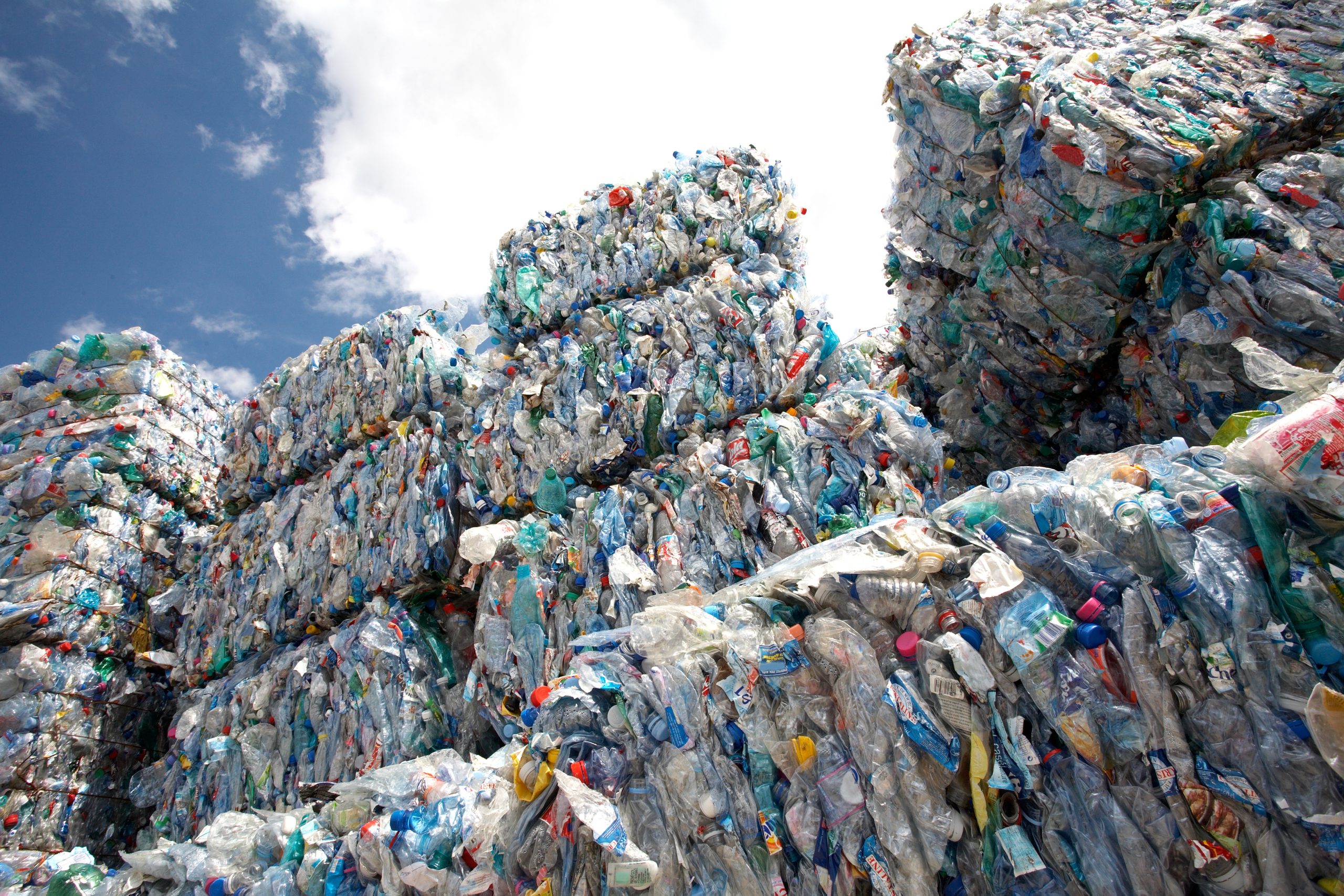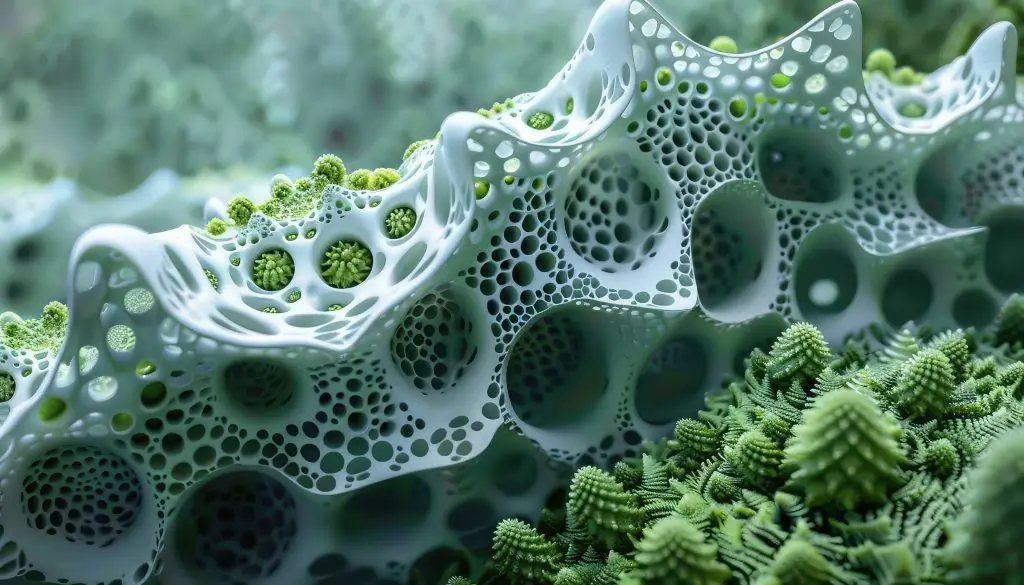Plastic recycling is often touted as a solution to the environmental crisis posed by plastic waste. However, the reality is starkly different. Despite efforts, only a small fraction of plastic waste is actually recycled, while the majority ends up in landfills or pollutes our oceans. This article explores the current state of plastic recycling, the challenges and limitations of chemical recycling, and the future outlook for global plastic production and waste management.

The Reality of Plastic Recycling
Globally, plastic production has more than doubled since 2000, but only about 9% of all plastic ever produced has been recycled. The rest has ended up in landfills, incinerated, or dispersed into the environment, with around 12% incinerated and nearly 80% accumulating in landfills or natural environments. This discrepancy underscores the inefficiency of current recycling practices.
In 2019, the world generated approximately 353 million metric tons of plastic waste, with projections indicating that this amount could almost triple by 2060 if current trends continue. This surge is driven by rising populations and incomes, particularly in developing regions. Despite advances, plastic recycling rates remain low, with only 16% of plastic waste collected for recycling globally. The OECD reports that the rest is either landfilled, incinerated, or leaks into the environment.
The Promise and Pitfalls of Chemical Recycling
Chemical recycling, which breaks down plastics into their chemical components for reuse, has been heralded as a potential game-changer. However, it is not without its challenges. The process is energy-intensive and currently not economically viable at scale. Furthermore, it faces significant technological hurdles that need to be overcome before it can be considered a comprehensive solution to the plastic waste problem.
Future Outlook for Global Plastic Production
The production of plastic is set to continue growing, with estimates suggesting a near tripling by 2060. This increase will exacerbate the current waste management issues unless significant changes are made. The plastic industry remains largely linear, following a „take, make, dispose“ model, which is fundamentally unsustainable. Without drastic measures to reduce plastic production and improve waste management, plastic pollution will continue to rise, posing severe environmental and health risks.
Interesting Facts and Numbers
- Recycling Rates: Only 9% of plastic waste is recycled globally, with the rest ending up in landfills or the environment.
- Production vs. Waste: From 2000 to 2019, plastic production and plastic waste have more than doubled.
- Projected Growth: By 2060, the amount of plastic waste could almost triple, with less than a fifth expected to be recycled.
- Chemical Recycling: While promising, it is still not economically viable and requires significant energy input.
- Environmental Impact: Plastic waste contributes significantly to greenhouse gas emissions, with potential increases by 63% by 2040.
Conclusion
The current approach to plastic recycling is insufficient to address the growing crisis. More than voluntary initiatives, there is a need for ambitious, coordinated policy measures across the entire lifecycle of plastics. As Hein Schumacher, CEO of Unilever, notes, „Voluntary corporate action alone is not enough; we need stronger rules and harmonized regulations across the full plastic life cycle.“
A global treaty focusing on the reduction, circulation, and prevention of plastic waste is crucial. Without such measures, the world will continue to grapple with the adverse effects of plastic pollution, endangering ecosystems and human health.
Final Thought: It’s time for a paradigm shift in how we handle plastic waste. The future of our planet depends on our ability to innovate and implement effective solutions today.
Sources:
- OECD: Global Plastics Outlook OECD Report
- Resource Recycling: Data on Plastic Recycling Resource Recycling
- World Economic Forum: The Need for a Global Plastic Treaty WEF Article
For a deeper dive into the statistics and strategies to combat plastic pollution, these sources provide extensive insights and data.

